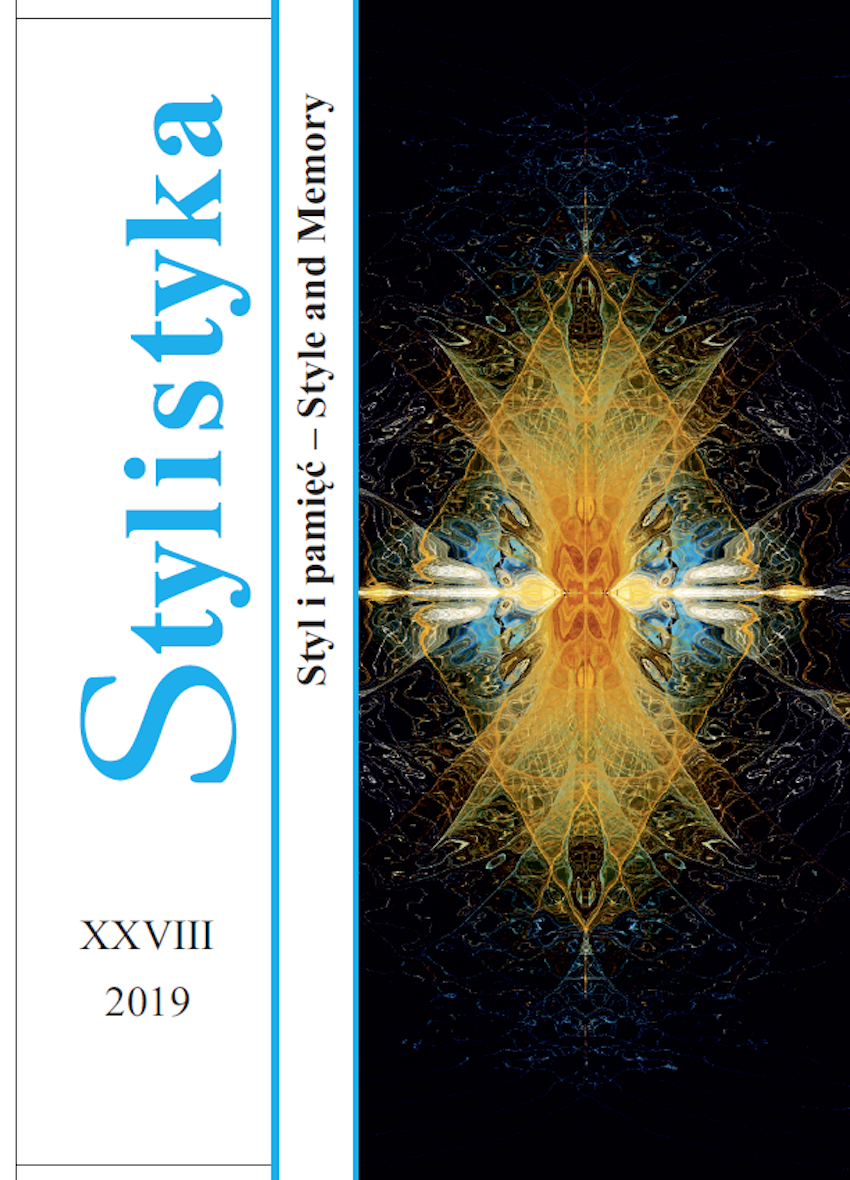“Perhaps you remember...?” About students’ strategies of remembering the forgotten during secondary school final examination interviews
“Perhaps you remember...?” About students’ strategies of remembering the forgotten during secondary school final examination interviews
Author(s): Anna TabiszSubject(s): Language and Literature Studies
Published by: Uniwersytet Opolski
Keywords: question; semantic memory; secondary school final examination interview
Summary/Abstract: The basic question I pose in this paper is the following: What language strategies are used by students who find it difficult to reproduce the content required during a secondary school final examination interviews? The text consists of four main parts. In the first part, on the basis of legal acts, I describe the formula of the new secondary school final examination in Polish, taking into account its purpose and course. In the second part, I focus my attention on one part of the oral exam – the final examinationinterview– seeing it as a species functioning in the educational discourse. The third part contains the results of the analysis of the questions asked to the students during the secondary school final examination interviews. In the last part of the paper, I describe two attitudes adopted by students in a situation when their knowledge is insufficient to be able to fully answer the questions asked. The first positive attitude is expressed through an uncertainty strategy or a ‘loud thinking’ strategy that supports recollection. On the other hand, the second attitude – negative – characterises those students who are unable to recreate knowledge and who, breaking the overriding principle of cooperation, resign from taking part in the conversation by refusing, i.e. by sending a message informing about breaking contact, or by silence. Finally, I postulate that during the examination, more often open questions should be asked, triggering higher level thinking, seeing this as an opportunity to bring the final exam closer to ‘real communication,’ serving as information and giving the student the opportunity both to demonstrate knowledge and, more importantly, the right to express their own judgments, reflections and views on the issues raised. Perhaps then they would not have to use strategies masking his ignorance.
Journal: Stylistyka
- Issue Year: 2019
- Issue No: XXVIII
- Page Range: 409-427
- Page Count: 19
- Language: English

